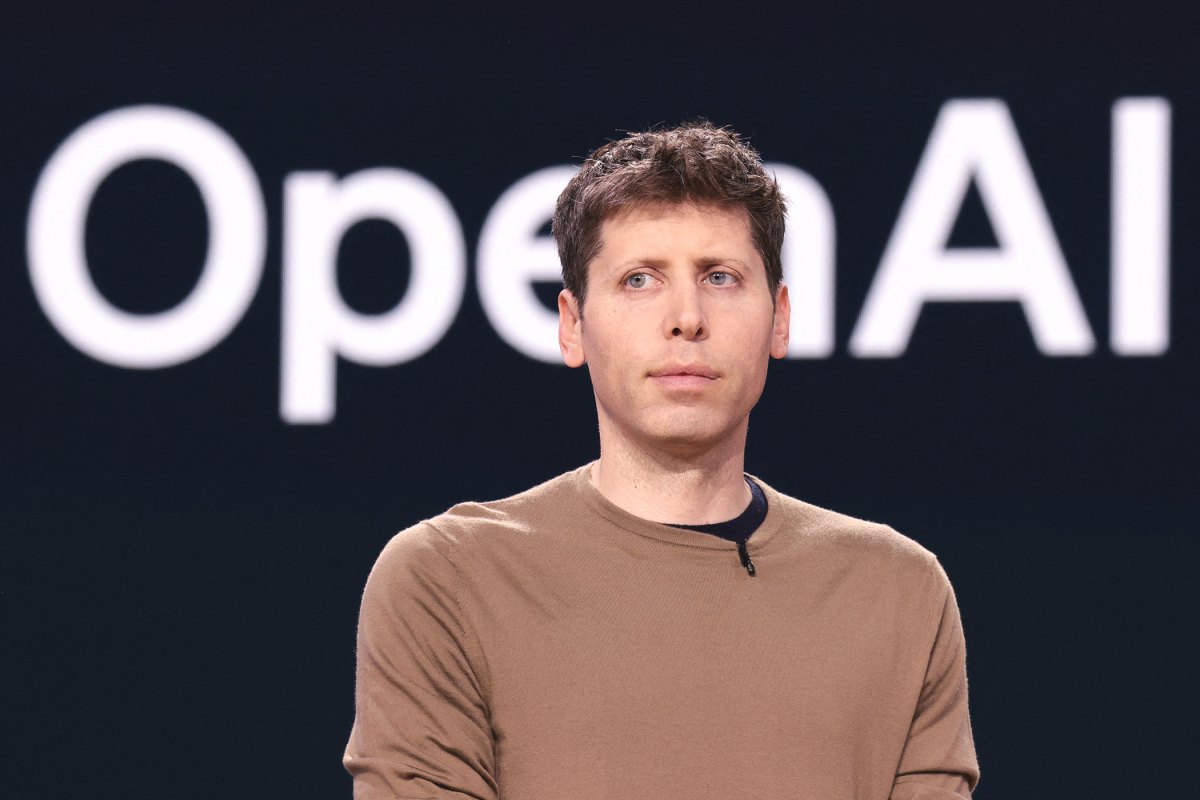Future AI Models in OpenAI’s API May Require Verified Identification for Access

OpenAI Implements ID Verification for Organizations
OpenAI is introducing a new ID verification process for organizations seeking access to specific advanced AI models. According to a recent support page published on OpenAI’s website, this verification is designed to enhance security and ensure responsible usage of AI technologies.
What is the Verified Organization Process?
The verification process, known as "Verified Organization," serves as a new mechanism for developers to unlock access to OpenAI’s most sophisticated models. Organizations that wish to undergo this verification must provide a government-issued ID from one of the countries supported by OpenAI’s API.
Key Characteristics of the Verification Process:
- Eligibility: Not all organizations will qualify for this verification.
- Limitations: A single ID can verify only one organization every 90 days.
- Efficiency: The verification process takes only a few minutes to complete.
OpenAI emphasizes that this initiative is crucial in preventing misuse of its APIs. Some developers have reportedly used OpenAI’s capabilities in ways that contradict the company’s usage policies. The goal of introducing this verification is to mitigate potential risks associated with unsafe AI applications while allowing responsible developers continued access to advanced models.
Goals of the Verification Initiative
The Verified Organization program is aimed at improving the safety and security of OpenAI’s products, especially as they become increasingly capable. OpenAI has expressed its commitment to ensuring AI technologies are both widely accessible and used responsibly.
Reasons Behind the Implementation:
- Mitigating Unethical Use: A small number of developers have been found to improperly use OpenAI’s APIs, prompting the introduction of verification measures.
- Preventing IP Theft: Recent investigations have looked into whether organizations linked to other countries, particularly a lab based in China, have attempted to extract significant amounts of data from OpenAI’s system, potentially for training models in violation of terms. Reports have indicated that OpenAI’s verification could help prevent such incidents.
Background on Security Concerns
OpenAI has a history of addressing potential threats to its technology. They have published reports detailing their strategies to detect and mitigate malicious use of their models. These efforts are particularly critical given reports of groups exploiting these technologies for unauthorized purposes, including entities believed to be linked to North Korea.
This scrutiny over security and ethical use is further illustrated by OpenAI’s previous decision to restrict access to its services in China. The company’s proactive measures underscore the potential risks associated with powerful AI tools and the need for robust safeguards.
Industry Response and Future Implications
As OpenAI continues to refine access to its models through the Verified Organization status, the technology community is closely watching these developments. The company’s emphasis on responsible usage and stringent verification processes may set a precedent for other AI developers and platforms looking to balance innovation with security concerns.
Developers who successfully complete the verification process will be poised to access the latest advancements that OpenAI has to offer. As AI technology evolves, so too will the protocols surrounding its deployment, emphasizing not just accessibility but also ethical considerations in its application.





